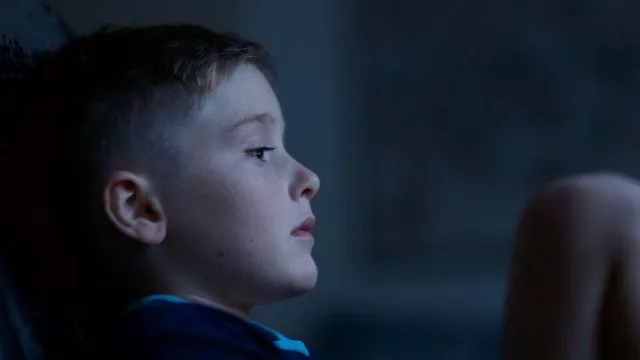
The Hidden Dangers of Childhood Trauma: How It Harms Health at 50
2025-09-01
Author: Wei Ling
Shocking New Study Reveals the Long-Term Effects of Childhood Trauma
A groundbreaking study from the University of Aberdeen has upended previous understandings of how childhood trauma impacts adult health. Contrary to the belief that such experiences universally lead to all health issues, this research highlights that certain conditions, particularly mental health disorders and chronic pain, are far more affected than others, with women feeling the brunt.
The Study Explained: What Did Researchers Find?
The Aberdeen team delved into the lives of over 16,000 individuals born in the UK during 1958, tracing their journeys into adulthood. They meticulously examined 14 different adverse childhood experiences (ACEs), which span a spectrum from abuse and neglect to financial hardships and bullying.
ACEs are known to lead to both immediate childhood distress and long-term adverse health consequences, but this research breaks new ground by correlating multiple ACEs with a wide range of health outcomes.
A Startling Connection: Trauma, Pain, and Mental Health
In a stunning revelation, the study found that individuals who faced multiple adversities during childhood were significantly more prone to mental health issues—such as depression and anxiety—as well as chronic pain by the time they reached 50.
The data indicated that those who experienced four or more types of trauma faced the greatest health risks as adults, emphasizing the cumulative effect of these early life challenges.
Sex Differences in Trauma's Impact
Interestingly, while both men and women exhibited strong links between childhood trauma and chronic pain or mental health issues, women were found to have additional vulnerabilities, including gastrointestinal problems and respiratory issues like asthma.
A Call to Action: Addressing Childhood Trauma
Professor Gary Macfarlane, who spearheaded the study, urged the need for a more focused public health response to ACEs. He stressed that childhood adversity should be seen as a significant factor in health inequalities, highlighting the importance of preventative measures and targeted interventions in primary care settings.
Macfarlane also pointed out the necessity for tailored approaches that consider gender differences in how ACEs affect health, ensuring effective strategies to mitigate these risks.
The Importance of Investing in Early Support Systems
Deborah Alsina MBE, Chief Executive of Versus Arthritis and co-funder of the research, reinforced the urgency of this issue. She emphasized that early childhood experiences play a crucial role in the chronic pain experienced in adulthood and urged for substantial investment in personalized, evidence-based care to combat these health inequalities.
Alsina stated, 'Tackling childhood adversity is vital if our governments are serious about reducing the burden of chronic pain for the next generation.'

 Brasil (PT)
Brasil (PT)
 Canada (EN)
Canada (EN)
 Chile (ES)
Chile (ES)
 Česko (CS)
Česko (CS)
 대한민국 (KO)
대한민국 (KO)
 España (ES)
España (ES)
 France (FR)
France (FR)
 Hong Kong (EN)
Hong Kong (EN)
 Italia (IT)
Italia (IT)
 日本 (JA)
日本 (JA)
 Magyarország (HU)
Magyarország (HU)
 Norge (NO)
Norge (NO)
 Polska (PL)
Polska (PL)
 Schweiz (DE)
Schweiz (DE)
 Singapore (EN)
Singapore (EN)
 Sverige (SV)
Sverige (SV)
 Suomi (FI)
Suomi (FI)
 Türkiye (TR)
Türkiye (TR)
 الإمارات العربية المتحدة (AR)
الإمارات العربية المتحدة (AR)